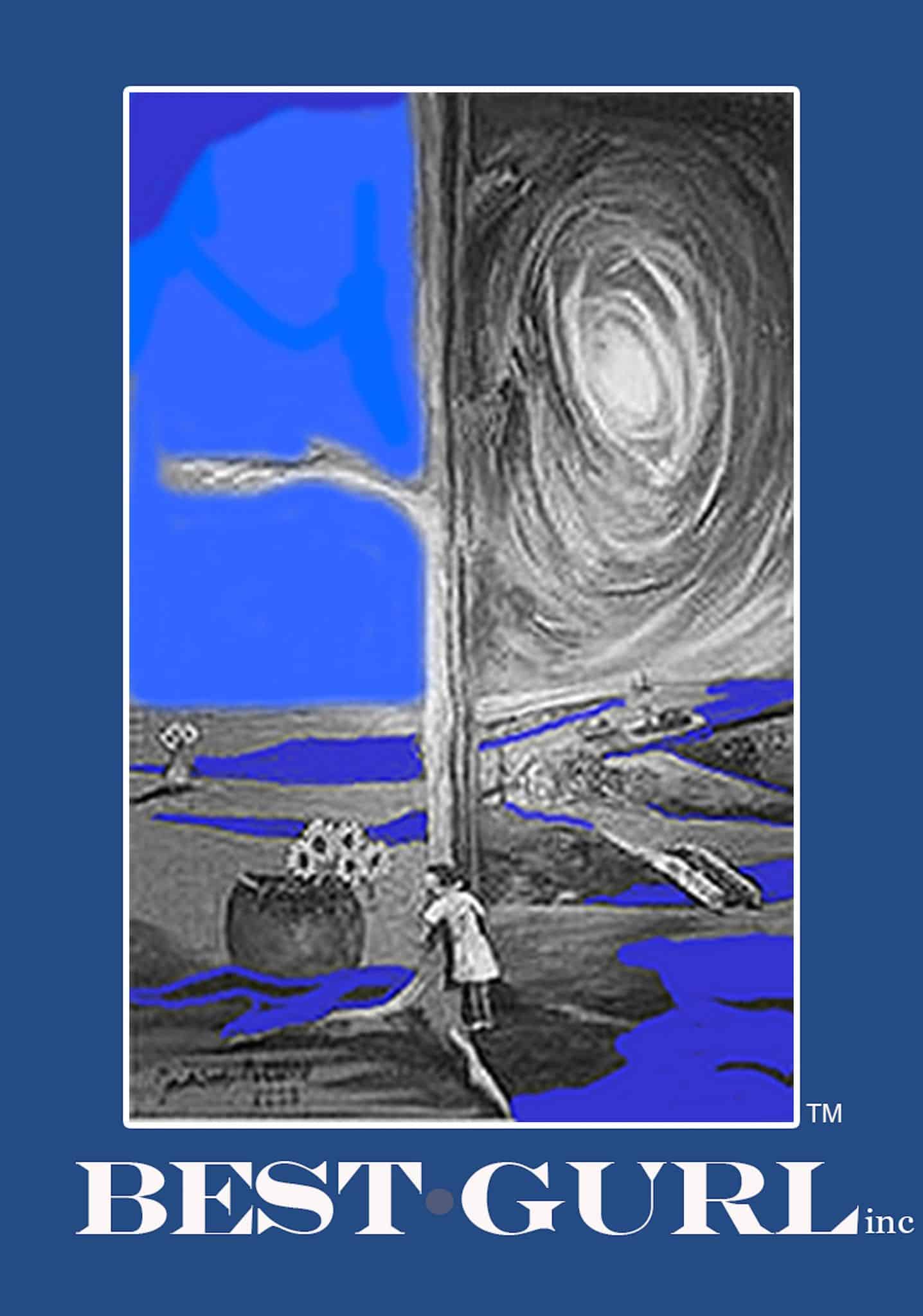

There are many coaches to thank for a college football career that helped propel me to later careers as a professional actor, writer, and communication consultant.
Richard Porter, my high school basketball coach, guided me through the physical fundamentals of sports and the emotional experience of integration in the 1960s at John Carroll High School in Birmingham, Alabama. Hugh Craig was my first football coach also at John Carroll. He believed in me even though, in the tenth grade, I was playing organized football for the first time. At Auburn University, Coach Ralph “Shug” Jordan rewarded my hard work with a scholarship after I walked on my freshman year. Gene Lorendo, the offensive coordinator at Auburn believed in me and made me a starter on some great Auburn teams. Still, after all these great leaders had shaped and formed me, it was Coach Doug Barfield who stepped in and saved my football career at Auburn University.
Being awarded a scholarship after my freshmen year led to a redshirt year my sophomore year. Not playing was tough but I made the travel squad and watched as Pat Sullivan won the Heisman trophy that year. The next year we went 10-1 and created the legend of the “Amazins,” an Auburn team that is still celebrated today. The following year, in 1973 we slipped. Injuries, divisiveness, dissension, and bad attitudes crippled us. We went 6-6 after being highly rated. We were not a happy bunch. I ripped a hamstring and missed three games. Games that, maybe, we would have won if I had been able to contribute. When I returned after my injury, I did not regain my starting position and things spiraled downhill. I played very little.
Things got ugly. The coaches hardly spoke to me. I got little practice time and was demoted. Was some of it personal? Maybe. But being injured when needed on a struggling football team does not endear you to your coaches. I was miserable. Because I had been redshirted and was ahead in my degree program, I contemplated graduating and not playing my senior year. I talked it over with my parents who understood the drama I was going through but did not want me to leave.
Enter Doug Barfield to the rescue.
We were headed to El Paso, Texas to practice for the 1973 Christmas Day “Sun Bowl” game versus Missouri. Sitting alone on the bus, Coach Barfield chose to sit by me. That act of kindness caught me off guard. No one had bothered to talk to me in a while. Injured players become ostracized. I knew what I needed to do to get my job as a starter back, but what can you do if you are not playing or practicing?
There were rumors Coach Barfield would be promoted the next season to the offensive coordinator position. Coach had a gentle, folksy style. He led with it. “Are you coming back for your fifth year?” he asked. While keeping my eyes glued to the passing scenery outside the window and not looking at him, I responded that I didn’t know. He said, “If I am the offensive coordinator, I want you on the team.” I was skittish. Not many outside the game, know about the head games an athlete goes through during a college career. I turned back to look at him. “Will you think on it?” he asked. He was serious. I turned to look back out of the window and confirmed, “Yes coach.”
We quickly fell behind in that Sun Bowl game. I was inserted into the game and the two touchdowns I scored almost brought us back. It was a reminder of what I could do.
Coach Barfield was named offensive coordinator in 1974, and I did return for my senior year. What a year we had! We went 10-2 and finished number 9 in the country. I was the leading receiver. As a team, we were big, fast, and had some great athletes. I had the best time I’d ever had playing organized football. Coach Barfield was a player’s coach. He made the game fun for me. I could talk with him about football and about life. He gave me leadership responsibilities. I could suggest plays during the game. It was the best football time of my life.
Once, in the middle of a game, while jogging back to the huddle, I found a quarter lying on the field. I stopped and picked it up, then jogged over to Coach on the sideline and gave it to him. He could only laugh. We had fun and could still win games.
To this day, any player I’ve ever run into who played for Coach Barfield, love the man. He treated us like young men. He would sit and talk with us. I’ve always said that the 1974 team, particularly on offense, was the precursor of today’s game; big, fast, and we were respected as individuals, yet molded into a team. Coaches have the ability and opportunity to grow boys into men. I’m grateful to have had that experience under Doug Barfield.